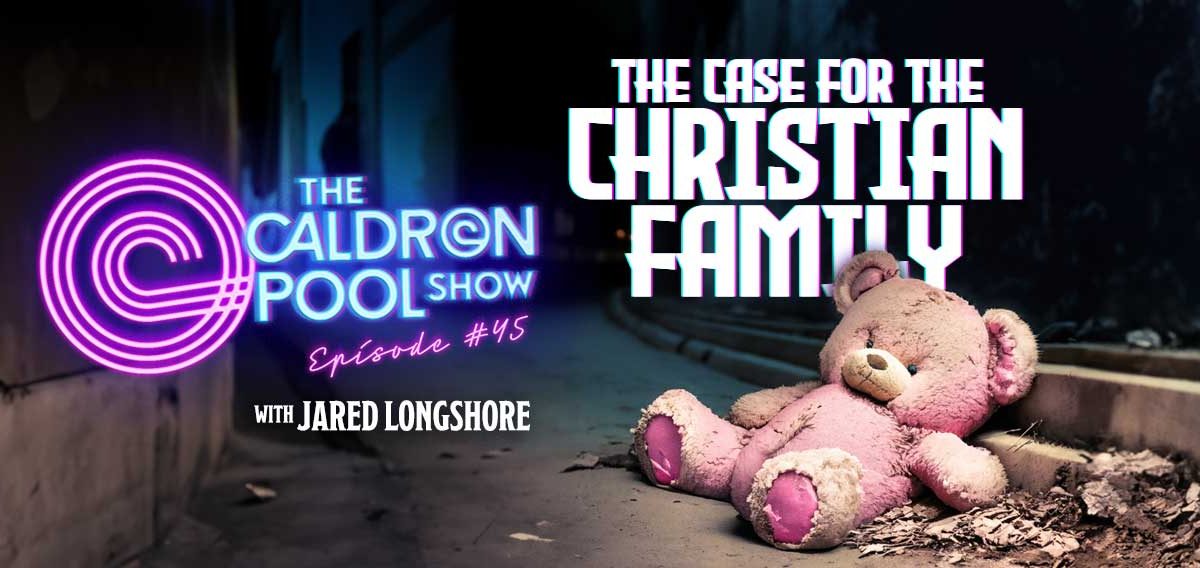I’ve lost count of the reasons for why I don’t solely rely on the ABC for information.
Monday night’s Q&A panel discussion ranks among them. The panel was a dismissal display of the feminist critique. The misandry fest squawked a lot about killing and being killed, in regards to “whiteness” and “the Patriarchy”, but didn’t include their own matriarchal tyrannical bloodletting against their own children, or any discussion on where that violent tyranny leads.
The panel exemplified the fact that female supremacist ideology threatens legitimate feminist criticisms. This is militant feminism preaching a hatred that is no different to what they’re claiming, via unchecked, reckless opinions, to be threatened by, & claim therefore to be justified in threatening to violently destroy.
In her 1981 Magnum opus, ‘Public Man, Private Woman’, American political scientist and Lutheran, Jean Bethke Elshtain presented a painstakingly deep analysis of feminism.
Her work as a political theorist is one of the best all-rounded academic introductions to the origins and branches of feminism, which comes from within the feminist movement.
Elshtain is best described as a classical feminist. Although she accepts certain criticisms made by feminists, Elshtain is honest about the fact that feminism can, and does go too far. Her chief aim was to present the ideological nuances and obvious contrasts of each branch of feminism.
What makes ‘Public Man, Private Woman’ unique is how her experiences within the feminist movement, particularly radical feminism, allow her a high degree of objectivity.
In the late 1960s, Elshtain and a friend were confronted by the exclusionist ideology of feminist supremacism.
They both linked up with a feminist group, only to find themselves silenced because they raised genuine questions about the prevalent anti-familial force within feminism. According to Elshtain, they attended the group, looking for a community who could help them embrace both the healthier side of early feminist critique and motherhood. However, they soon found out that for some within the feminist movement, there was no reconciling of the two. In the middle of her friend’s turn to speak, the group’s facilitator ‘abruptly and publicly’ cut off their discussion declaring, “We will have not diaper talk here. We’re here to talk about women’s liberation”.
Elshtain recalled, ‘my friend and I left, for we could not treat our children as abstractions, as nuisances to be overcome, or as evidence of our “sad capitulation” to the terms of patriarchy.’
Alarmed by her confrontation with female supremacist exclusivism, Elshtain not only saw the dangers it presented to those outside the feminist movement, but how female supremacist ideology threatens legitimate feminist criticisms about what defines a woman, and how women define themselves in the traditionally male-dominant public space.
Other than a general analysis of the state of feminism in 1980-81, Elshtain was also preoccupied with a personal quest, seeking to answer the nagging question about whether feminism could be reconciled with motherhood. And if so, what kind of worldview would this look like?
Her conclusion rejects Marxist feminism, Liberal Feminism and Radical feminism, and instead embraces a politics of compassion which works towards reconstructing a woman’s place in public and private, by ‘truth-seeking’, not ‘truth-construction’.
Elshtain describes a ‘politics of compassion’ as a ‘robust opposition to despair and cynicism’, noting it as being a ‘recognition [on the part of feminists] that no good can come from the widespread dehumanization and destruction of others.’ This would help protect legitimate parts of feminist criticisms because a politics of compassion recognizes that feminism is undermined by a radical feminist supremacism which feeds on ‘the enchanting lures of resentment and the poisonous destruction of rage.’
Abortion isn’t a key concern for Elshtain. However, her conclusions and personal experience are relevant to the abortion debate.
Elshtain agrees that reproduction doesn’t define women. However, feminism shouldn’t reject the stability of the familial unit. It should be mature and flexible enough to embrace the unique-to-woman, gift of reproduction and maternalism. Motherhood shouldn’t be so easily thrown out by the feminist critique. This is because motherhood is the quintessential definition of an empowered, liberated woman. Strength and servant leadership are core elements of being a mother. The woman capable of choosing to look, not just to their own needs, but also to the needs of others is not only liberated but engages in the act of liberating others.
What Elshtain offers is clarity. Her criticism of the feminist crowd, which was ironically awakened by the feminist crowd’s rejection of her (as a patriarchal cliché, because she was married and had children) gives us a vantage point from which we can join with her and say,
the presumption that some universally true, ubiquitous, and pervasive misogynistic urge explains everything is simplistic and wrong. (p.xv)
When it comes to abortion and the feminist death grip on it, there will be disagreement, but that disagreement doesn’t have to be destructive. There is another way around the ‘radical and destructive social surgery’ pushed by those who demand uniformity in an ideological alignment with abortion and its accompanying progressive platform.
Elshtain’s inherent “no” to this kind of forced allegiance, especially to supremacist ideology is something to applaud. Her “no” is spoken from under the shadow of remembrance, as she recalls the blood that followed the ‘Nazis and Stalinists, the most destructive instances so far of this sort.’
Noting:
if everything every basis of human existence, every rule and prohibition not excluding the incest taboo, is “up for grabs,” those who unscrupulously grab will inherit the earth and we will no longer have the earth as out inheritance…Each successive generation must respect some moral necessities, must have some “taken for granted,” rules without which even the minimal aspects of a human existence that propelled our prehistoric ancestors to place flowers on the graves of their beloved, will be jeopardized.
This supremacist ideology is seen in abortion advocates adoption of Simone de Beauvoir’s incongruent use of the term ‘parasite’ in reference to both women and the fetus (The Second Sex).
Supremacist ideology is prevalent in the inherent historical parallels between the Nazi doctrine of “life unworthy of life” and a deceptive new term for abortion, “reproductive healthcare”. Abortion is an outworking of radical feminist supremacism. The “choice” argument underpins this because it advocates the totalitarian supremacy of a mother over against the life of her unborn child and the choice of his or her father.
How is a woman living out her liberation, if she’s coerced to kill her unborn child because of pressure from a pro-abortion society, state and peers, in the name of what they deceptively call freedom?
How is a woman living our her liberation if all the information necessary to make the best “choice” possible is hidden from her by her pro-abortion society, state, and peers– “for her own good”?
It would seem that the liberated woman, under the shadow of pro-abortion and the supremacist ideology of Marxist, liberal and radical feminism, is not so liberated after all.
We cannot miss this point. We cannot afford to overlook the fact that pro-abortion, and even pro-euthanasia laws, remove protections for the citizen against a tyrannical state. They remove protections for citizens from supremacist ideology.
Anti-abortion and anti-euthanasia laws are restraints that don’t just apply to one individual having absolute power over another; they hold back the overreach of despotic, crony corporations and these laws restrain the creation of authoritarian governments. These are necessary limitations which protect freedom, rather than being a denial of it.
So it is that we should, and can legitimately stand with Jean Bethke Elshtain and those like her, such as the brilliant Dr Mildred Jefferson, and say:
“Today it is the unborn child; tomorrow it is likely to be the elderly or those who are incurably ill. Who knows but that a little later it maybe anyone who has political or moral views that do not fit into the distorted new order?[i]…I am not willing to stand aside and allow this concept of expendable human lives to turn this great land of ours into just another exclusive reservation where only the perfect, the privileged and the planned, have the right to live [ii]…I say “no” and I am not willing to give up the role of doctor as a healer to become the new social executioner…If the destruction of life is permissible for social and economic reasons, why not for political reasons? [iii]”
References (not otherwise linked):
Elshtain, J. 1981, ‘Public Man, Private Woman: Women in Social & Political Thought’ Princeton University Press


















